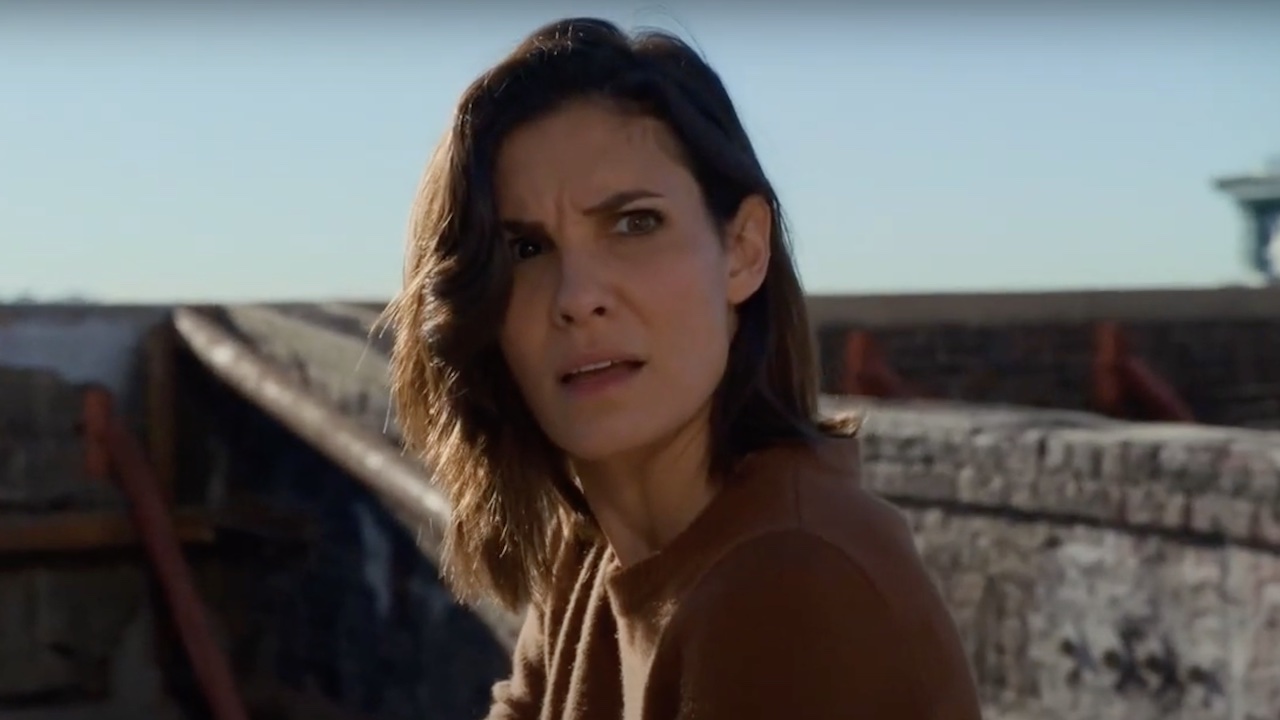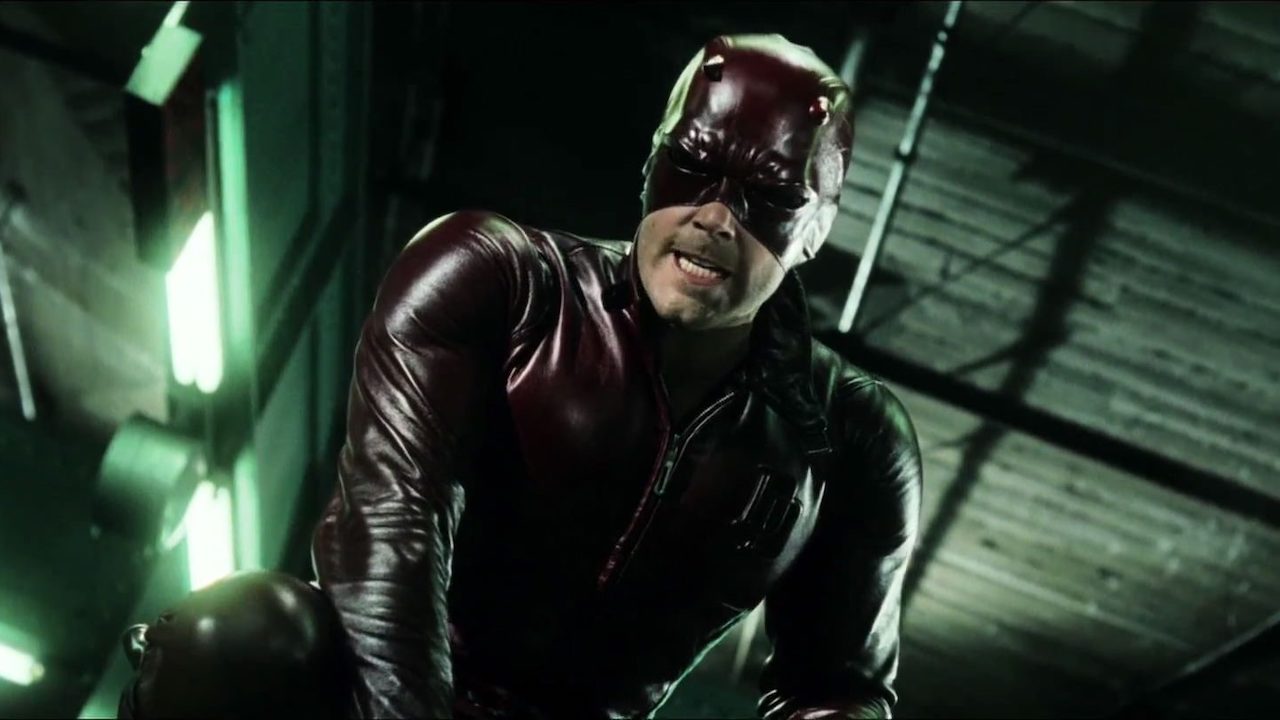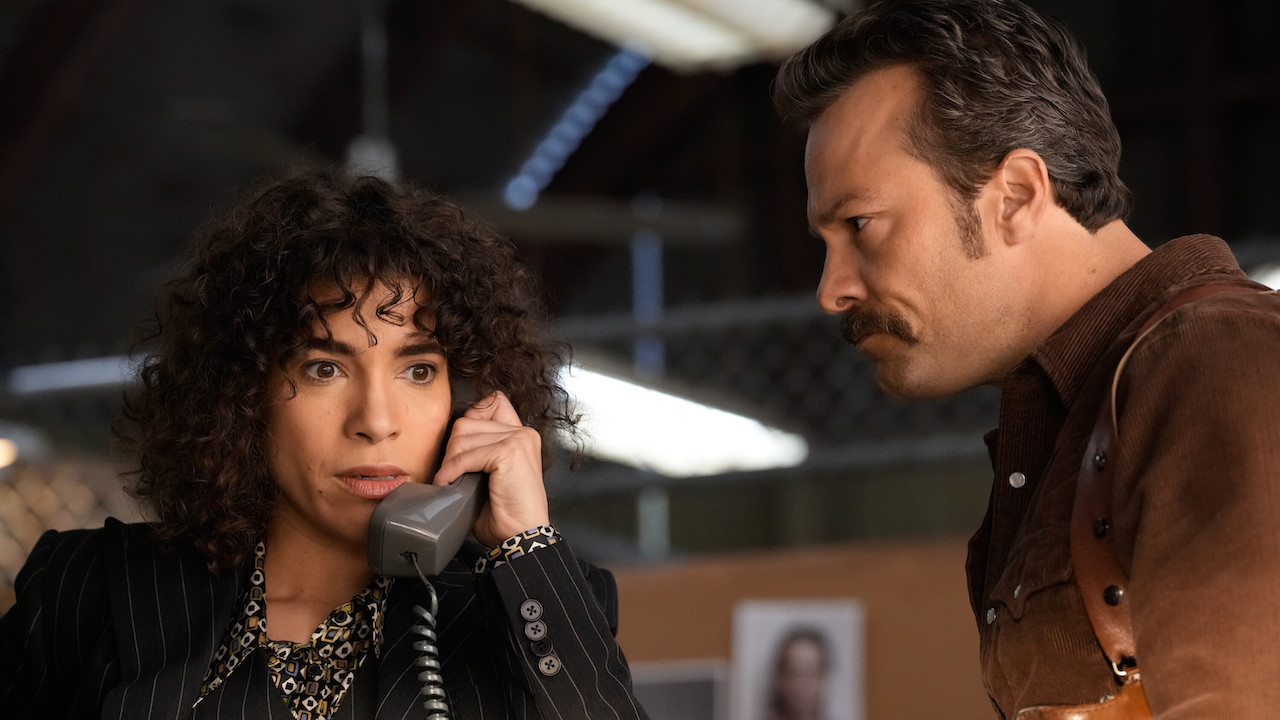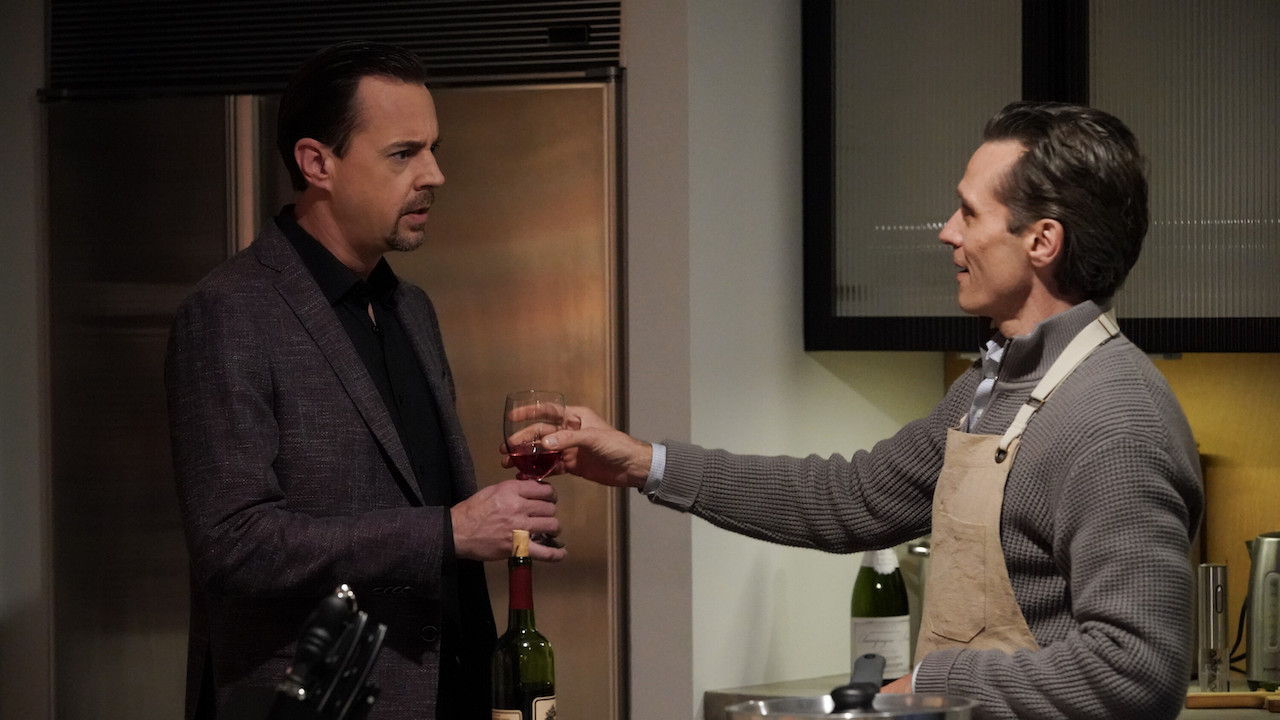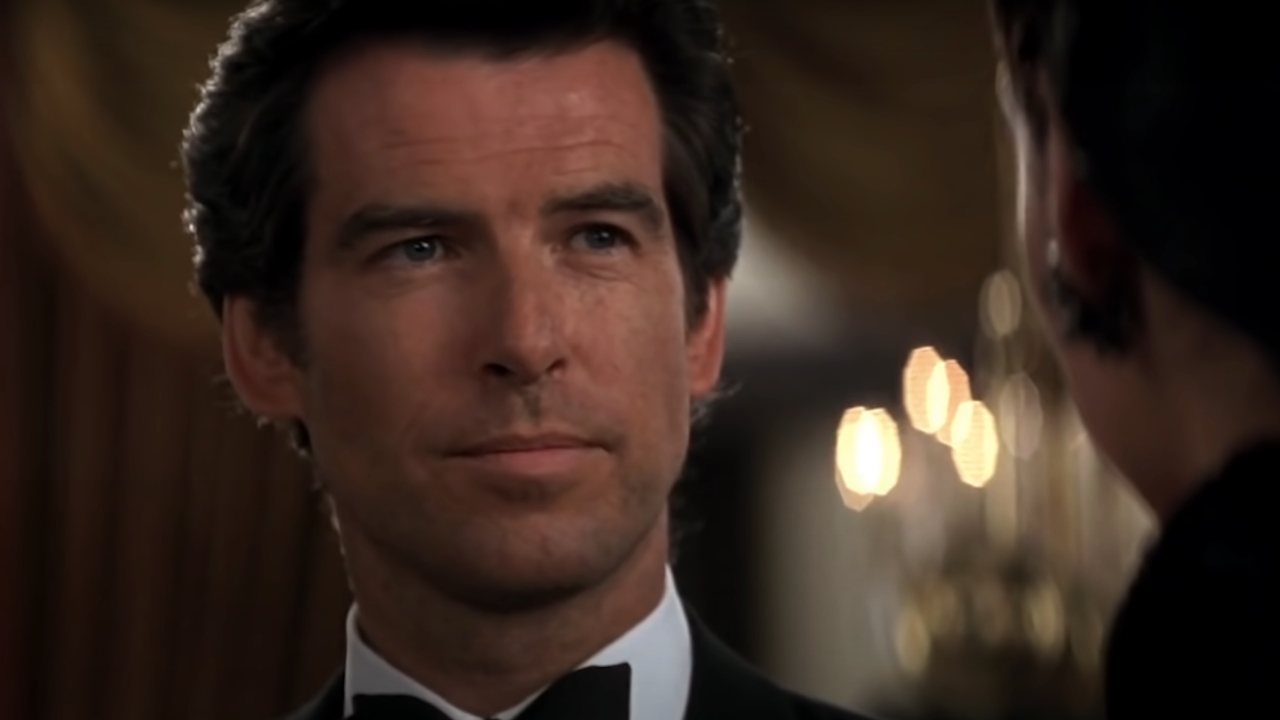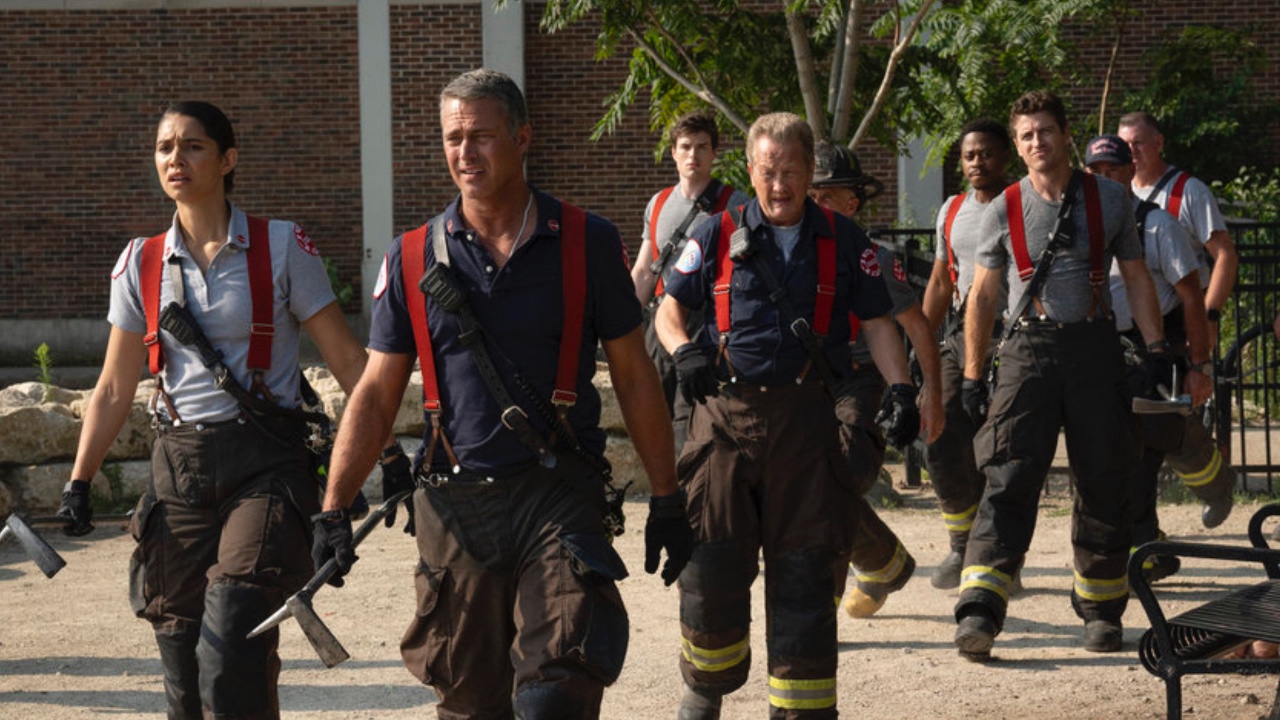A Glass Sequel? Let's Talk Out The Pros And Cons
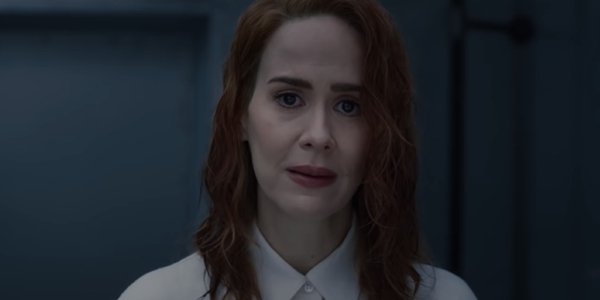
SPOILER WARNING: The following article contains spoilers for Glass. If you have not yet seen the film, read on at your own risk!
To be generous, M. Night Shyamalan’s Glass ends on a controversial note. Making a sharp left turn in the third act, the writer/director makes the call to not only kill all three of the main characters, but also introduce a secret society with a clandestine purpose involving superheroes. Acting as a conclusion to a trilogy, there is no question that the film brings an end to the story of David Dunn, the hero drowned in a shallow puddle by the group I’ve dubbed the Black Clover Society, but at the same time the movie also inspires a complex debate: should this be the end of a franchise, or maybe the kick start of a new era that further explores the world?
The answer to this question is a complicated one regardless of how you feel about Glass – but it’s a bit more difficult for those (like me) who were left feeling dissatisfied by where the new film leaves the story that began with Unbreakable back in 2000. From that perspective there arrives the first significant argument against the idea of continuation, which is that it’s not worth the risk to make a bad situation even worse.
M. Night Shyamalan had the chance to coalesce an exciting series with his follow-up to Split, but Glass being as shoddy as it is shouldn’t be seen as motivation to give him another shot to fix it. Instead, one could make the argument that it instead just risks the legacy of the existing trilogy, which does still currently stand in a positive place from a pop culture perspective thanks to the strength of its first two chapters. In other words, it can very much been seen as a “let sleeping dogs lie” situation.
Considering that argument from a more optimistic point of view, however, even the most ardent critic of Glass will acknowledge that there are some interesting ideas that are left to explore in the film – mostly because the existing movie doesn’t do a great job exploring them itself. While not exactly explicit, there is strong suggestion from M. Night Shyamalan that there is a long history behind the Black Clover Society and the way in which they operate, and there is also left the very important question as to the full reasoning behind their existence.
Without having to jam everything into about 15 minutes of screen time, a sequel to Glass that isn’t really a sequel to Glass could do a more in-depth look at the Black Clover Society and their purpose. Not only would this serve to potentially introduce even more real superheroes that exist in this particular world, with a variety of powers that go beyond super strength, but depending on the story it might even change the way we view the covert group, and in so doing perhaps change opinions on the 2019 film as well.
Then there is M. Night Shyamalan’s general future to think about. It took him a long time to regain the credibility that he lost with films like The Lady In The Water, The Happening, The Last Airbender, and After Earth, but he had a strong thing going with both The Visit and Split. There is a lot of hope that we will ultimately look back on Glass as a hiccup on a strong road to redemption – but the way to get there may not be by having him continue with a franchise that is now on shaky ground. For both the sake of his career, and the future of interesting original movies being made in Hollywood, it might just be best for the Eastrail 177 features to stop here.
CINEMABLEND NEWSLETTER
Your Daily Blend of Entertainment News
Thanks to a solid opening weekend, Glass is already a financial success, which is all the motivation that Hollywood typically needs to feed sequel plans, but whether or not there actually should be a future is a debate that should continue for a while. We didn’t even know we were getting an Unbreakable follow-up until it arrives in theaters two years ago, so we’ll just have to wait and see what happens and in what directions M. Night Shyamalan decides to go.

Eric Eisenberg is the Assistant Managing Editor at CinemaBlend. After graduating Boston University and earning a bachelor’s degree in journalism, he took a part-time job as a staff writer for CinemaBlend, and after six months was offered the opportunity to move to Los Angeles and take on a newly created West Coast Editor position. Over a decade later, he's continuing to advance his interests and expertise. In addition to conducting filmmaker interviews and contributing to the news and feature content of the site, Eric also oversees the Movie Reviews section, writes the the weekend box office report (published Sundays), and is the site's resident Stephen King expert. He has two King-related columns.
